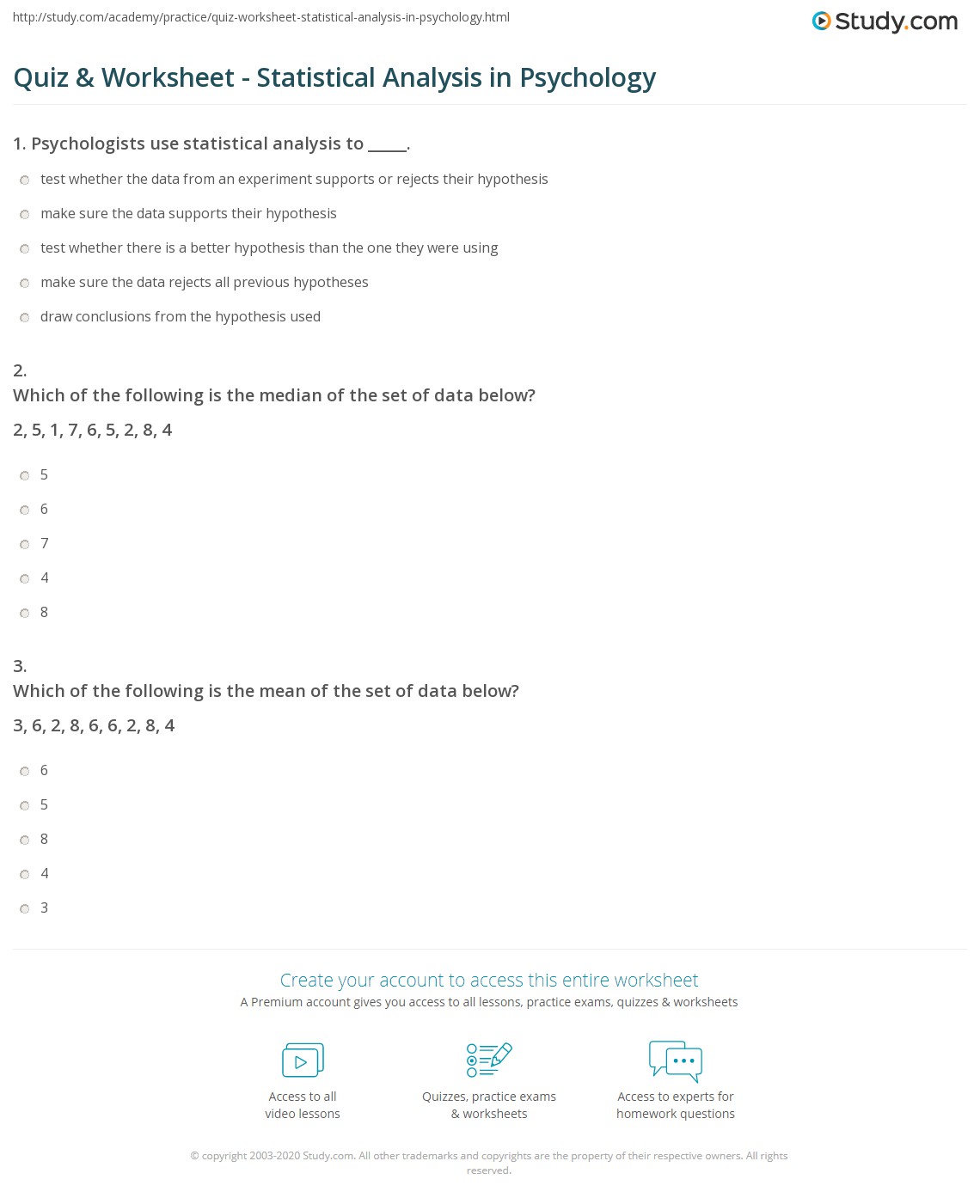Washington State Residency Made Easy

Establishing residency in Washington State can be a complex process, filled with nuances and specific requirements that must be met to qualify as a resident. For individuals looking to make the Evergreen State their home, understanding these requirements is crucial for accessing various benefits, including in-state tuition rates, voter registration, and eligibility for state-specific programs. The process of obtaining Washington State residency is multifaceted, involving several key aspects that prospective residents must navigate.
Understanding Residency Requirements
To become a resident of Washington State, an individual must demonstrate their intention to reside in the state permanently or for an indefinite period. This intention can be shown through various actions and documentation, such as purchasing a home, obtaining a Washington State driver’s license, registering to vote, and changing one’s vehicle registration to the state. Each of these steps not only helps in establishing a physical presence in the state but also demonstrates a commitment to integrating into the community.
Physical Presence
Physical presence in Washington State is a foundational element of establishing residency. Individuals must be physically present in the state for a certain period, which can vary depending on the specific reasons for seeking residency, such as attending a state university or applying for certain state benefits. For students, for example, being physically present and attending classes can be a significant part of their residency application.
Intent to Remain
Demonstrating an intent to remain in Washington State involves taking concrete steps that show a long-term commitment to living in the state. This can include, but is not limited to, securing employment, enrolling children in local schools, joining local clubs or organizations, and participating in community activities. These actions help to build a tangible connection to the community and reinforce one’s intention to make Washington State a permanent home.
Documentation and Proof
To formally establish residency, individuals will need to provide documentation that proves their physical presence and intent to remain. This documentation can include:
- Utility Bills: Showing one’s name and Washington State address.
- Lease Agreement: A rental agreement that lists the individual as a tenant in a Washington State residence.
- Employment Records: Pay stubs or an employment contract that verifies one’s job in the state.
- School Records: For students, proof of enrollment in a Washington State educational institution.
- Voter Registration: Registering to vote in Washington State elections.
Each piece of documentation plays a crucial role in the residency application process, serving as tangible evidence of one’s connection to the state.
Special Considerations for Students
For students seeking to establish residency in Washington State for the purpose of tuition, the process can be particularly rigorous. Institutions of higher education in the state have specific requirements and deadlines that must be met. Students must demonstrate their independence from their parents or guardians, show financial self-sufficiency, and provide extensive documentation of their physical presence and intent to remain in the state. The student residency process is highly individualized and can vary significantly from one institution to another.
Navigating the System
Navigating the residency establishment process in Washington State can be daunting, especially for those who are new to the state or unfamiliar with its specific requirements. It is advisable to consult with relevant state agencies, educational institutions, or legal professionals who specialize in residency law. These experts can provide personalized guidance and help individuals ensure they are meeting all the necessary criteria for residency.
Conclusion
Establishing residency in Washington State is a process that requires patience, diligence, and a thorough understanding of the state’s specific requirements. By demonstrating physical presence, intent to remain, and providing the necessary documentation, individuals can successfully navigate this process and enjoy the benefits of being a Washington State resident. Whether for educational purposes, employment opportunities, or simply to call the Evergreen State home, understanding and fulfilling the residency requirements can open doors to a wealth of opportunities and experiences.
What are the main requirements for establishing residency in Washington State?
+The main requirements include demonstrating physical presence in the state and intent to remain, which can be shown through actions like obtaining a Washington State driver's license, registering to vote, and change of vehicle registration.
How long does it take to establish residency in Washington State?
+The timeframe can vary depending on the individual's circumstances and the purpose of the residency application. For students, it often involves a waiting period after establishing physical presence and demonstrating financial independence.
What documents are typically required to prove residency in Washington State?
+Common documents include utility bills, lease agreements, employment records, school records, and voter registration cards. The specific documents required can vary based on the application and the institution or agency reviewing the application.
In conclusion, while the process of establishing residency in Washington State is complex and multifaceted, understanding the key components and taking a systematic approach can make the journey smoother and more successful. Whether one is drawn to the state’s vibrant cities, the breathtaking natural landscapes, or the myriad opportunities for personal and professional growth, achieving residency status is a crucial step in making Washington State one’s home.

